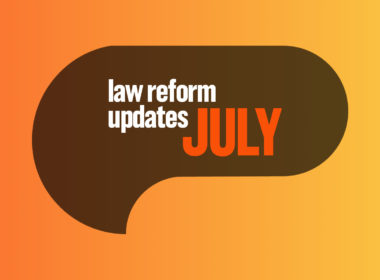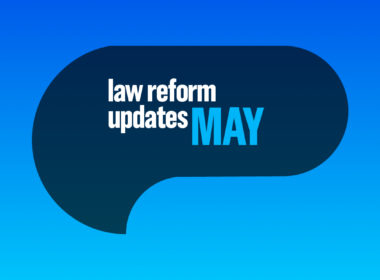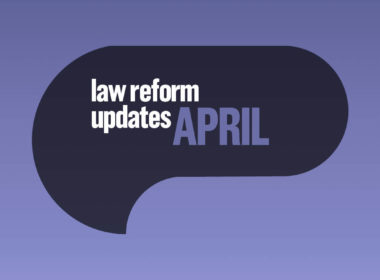Key developments
- The NSW Independent Flood Inquiry
- Drug Supply Prohibition Order Pilot Scheme
- Embedded networks in New South Wales – Legislative Assembly Committee on Law and Safety Inquiry
- Draft Property and Stock Agents Regulation 2022
The NSW Independent Flood Inquiry
The Environmental Planning and Development and Rural Issues Committees contributed to a submission to the Independent Flood Inquiry, to examine and report on the causes of, preparedness for, and recovery from, the early 2022 catastrophic flood event. Our comments focused on land use planning and management, building standards, and the appropriate action to adapt to future flood risks to communities and ecosystems.
In our view, a key issue with the planning system is that it does not effectively factor the projected future physical impacts of climate change into strategic planning and project-level decision making. We suggested that there needs to be a State-wide overarching framework in place to ensure that consideration of climate impacts, including extreme weather projections, is appropriately factored into planning decisions.
We also suggested that the importance of having properly resourced and informed local councils, which can appropriately respond to emergencies, cannot be overstated. In some of our members’ experience, councils do not have the equipment to adequately measure the risk of flooding, increasing the risk of misinformation. Such resourcing is required to enable councils to standardise and update mapping of flood prone land to ensure it is readily available in a digitised format. We supported a program of updating catchment flood modelling and mapping to assist with keeping information up to date and responsive to climate change scenarios, and consolidation of the wide-ranging set of flooding considerations across local environment plans, the floodplain development manual, flood prone land package and strategic planning guidelines for natural hazards.
We considered that any finding by this Inquiry, and other relevant investigations and inquiries, should form the basis for developing a risk-based planning framework which involves all tiers of government covering the full spectrum of disaster responses from planning to avoid or minimise exposure to future hazards, to ‘planned retreat’, where the hazard and its impact on human life and the environment cannot be mitigated.
Drug Supply Prohibition Order Pilot Scheme
The Drug Supply Prohibition Order (‘DSPO’) Pilot Scheme commenced on 16 May 2022. The Law Society has significant concerns with the DSPO Pilot Scheme, as detailed in our submission to the Parliamentary Inquiry into the Drug Supply Prohibition Order Pilot Scheme Bill 2020.
The Law Society wrote to the Oversight Commissioner to express our interest in the way in which he intends to approach his functions under the Act and the parameters of his role. We noted that his ability to make submissions in relation to the making of an order is a crucial aspect of the scheme and sought any information he could provide in this regard. The Oversight Commissioner is meeting with the Criminal Law Committee at its September meeting to discuss his role.




